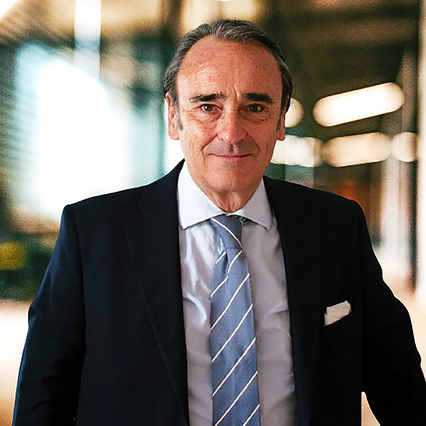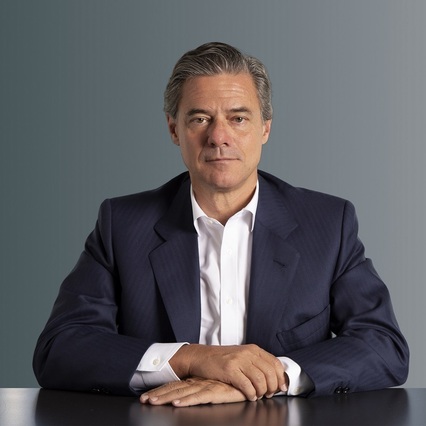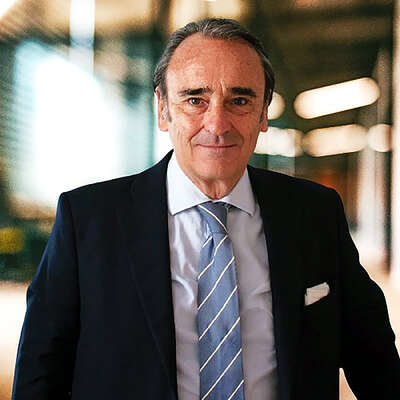Boyden Spain Managing Partner Carlos Dafauce speaks with Corpfin Chairman Carlos Lavilla about how PE firms have weathered the COVID pandemic.

Carlos Dafauce

Carlos Lavilla
DaFauce: COVID has created a variety of new issues for PE firms from fundraising, managing portfolio companies in crisis, debt restructuring, Federal bailout programs, etc. How have you seen your firm manage all these new activities? Have changes in your activities related to COVID brought to light new organizational structures or roles at the fund level?
Lavilla: The lockdown really brought no major changes at the PE company level with the exception of a couple of weeks in the beginning. Later, the front line worked without a problem and was flexible working from home or in the office, based on the circumstances and considering all caution and measures. Like everywhere else, the use of different online video platforms for communication has been used extensively.
Telco networks worked very well all way through the pandemic despite the massive increase in traffic. Much of our work consists of analysis and discussion, and people have always been measured by results, not presence. Therefore, in the case of Corpfin, we have not experienced many changes at the front or back office. At the moment things are basically back to normal with in-person meetings.
During the pandemic, the team has remained stable. Only one Investment Director resigned but had nothing to do with it.
Dafauce: How about portfolio companies?
Lavilla: When the lockdown started, Corpfin had 12 companies that participated in very different sectors (hospitality, coffee/bakery chain, healthcare, language school for kids, door manufacturing…). Corpfin took quick decisions to preserve their assets. In the first week two portfolio companies had to grant government-approved furloughs to all employees. In parallel, all companies maximised liquidity by drawing back-up lines, and some requested additional new special government-guaranteed lines. Some debt restructurings took place later in the fall of 2020, with only one company requiring additional equity capital infusion. Conversely, companies in the healthcare sector grew exponentially during the pandemic. It is early to say but in a couple of years, I see money múltiples in line or exceeding expectations in all portfolio companies.
Dafauce: How has the pandemic influenced the way you look at deals and staffing them for success both in the short and long term?
Lavilla: I believe that during this crisis, with some exceptions (eg. coffee/bakery chain where home delivery has increased) business models have not changed all that much and it has simply resulted in a few months of inactivity that will come back to normality when lockdown finishes.
Corpfin has not changed its investment criteria or model. It is true that during the last 18 months we have not closed any buy or sell transaction due to the bid-offer price gap, but this is already changing and deals are coming back. We have just sold one portfolio company.
There are sectors that have been favored by the pandemic (energetic, automotive, technology, health…) while there are others that will carry more risks in the foreseeable future (hospitality, travel…). This will mean that PE Firms will have to factor in valuation and analysis into the equation along with changes in the medium term.
On the other hand, there will be new opportunities for PE firms brought by the government-led ecologic transition, foodstuff logistics, and energy that jointly with huge liquidity in the markets will fuel the sector.
Dafauce: In what way do you foresee our new environment impacting organizational design?
Lavilla: While business models have not been altered I think economic changes will indeed occur. The trend towards digitalisation has accelerated and will impact sectors such as digital health, whereas business travel will diminish and will have a serious impact on airlines and hotels. I also foresee behavioral changes. White-collar employees will work from home more than they did in the past, which will make companies prone to reduce office space, hence rentals may suffer.
Dafauce: As you continue to fund/invest in portfolio companies, have you seen any change in attitudes when it comes to attracting talent?
Lavilla: People's behavioral changes mentioned above will require flexibility at the time of recruiting talent and companies should be ready to deal with this.
To learn more about this interview or Boyden's Private Equity & Venture Capital practice in Spain please contact Carlos Dafauce





